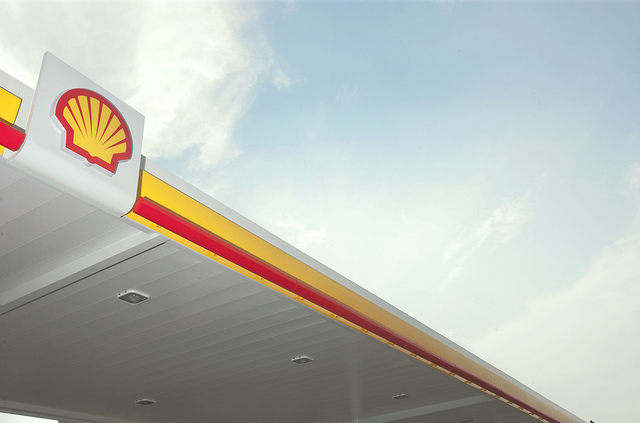Never sell Shell? Blow for UK equity income funds as oil major cuts dividend for first time in over 70 years
Shell cuts its dividend for the first time since the Second World War amid the oil price collapse.
30th April 2020 11:22
by Kyle Caldwell from interactive investor
Shell cuts its dividend for the first time since the Second World War amid the oil price collapse.

The old stock market saying that investors should “never sell Shell” due to its income-paying reliability will now be consigned to the history books, following the firm’s announcement this morning that its dividend has been cut for the first time since the Second World War.
The oil major’s dividend has been increasingly questioned over the years, but the collapse in the oil price following the outbreak of coronavirus proved to be the final straw. Shell has cut its quarterly dividend for 2020 by two-thirds, from 47 cents to 16 cents. As a result, its dividend yield has declined from over 10% to around 3.5%.
The collapse in oil prices has resulted in Shell’s profits declining by 46% to $2.9 billion in the first quarter, having stood at $5.3 billion in the same quarter last year.
As a result, Royal Dutch Shell has cut its dividend to “bolster our resilience, underpin the strength of our balance sheet and support long-term value creation”.
The dividend cut will come as a blow to income investors who hold UK equity income funds in their Isas or pensions. According to recent research carried out by Octopus Investments, out of 84 funds in the IA UK equity income sector, 55 include Royal Dutch Shell in their top 10 holdings.
- How UK equity income fund investors are heavily exposed to the oil price slump
Shell’s management team has over the years made various pledges to maintain the dividend and in turn preserve its long-term record. But as Richard Hunter, head of markets at interactive investor (Money Observer’s parent company), points out, it should be seen as a positive move.
He says: “Shell’s brave decision reflects a desire to hunker down and protect the business in the wake of a worsening global economic outlook and a highly unstable oil price. Of course, the reduced dividend will be a blow to income-seeking investors and existing shareholders, but can be seen as a positive on two levels.
“First, the move is financially prudent (and understandable, given a 28% fall in revenues and a 46% drop in replacement profit), while at the same time the dividend is now at a level which the company believes to be sustainable in the future.
“Second, even at the lower revised figure, the implied dividend yield of around 3.5% (compared to the current 10%) is still likely to exceed the FTSE 100 average due to dividend cuts elsewhere.”
Rachel Winter, associate investment Director at Killik & Co, says the dividend cut came as a shock to the market. As a result, its share price is down 5.3% (at 10.30am), adding to a decline totalling almost 50% since the start of 2020.
Winter adds: “The company previously strongly implied it would do anything to keep paying the dividend, but continuing low oil prices have clearly left it with no choice.”
Hunter, though, points out that once the dust settles, “investors will take some comfort from the fact that, even in this environment, Shell is still profitable and is paying a dividend”.
He adds: “Some of the sheen may have been lost from the company’s relatively bombproof reputation as a core portfolio constituent, but the market consensus of the shares as a buy for the longer term should remain unaffected.”
This article was originally published in our sister magazine Money Observer, which ceased publication in August 2020.
These articles are provided for information purposes only. Occasionally, an opinion about whether to buy or sell a specific investment may be provided by third parties. The content is not intended to be a personal recommendation to buy or sell any financial instrument or product, or to adopt any investment strategy as it is not provided based on an assessment of your investing knowledge and experience, your financial situation or your investment objectives. The value of your investments, and the income derived from them, may go down as well as up. You may not get back all the money that you invest. The investments referred to in this article may not be suitable for all investors, and if in doubt, an investor should seek advice from a qualified investment adviser.
Full performance can be found on the company or index summary page on the interactive investor website. Simply click on the company's or index name highlighted in the article.